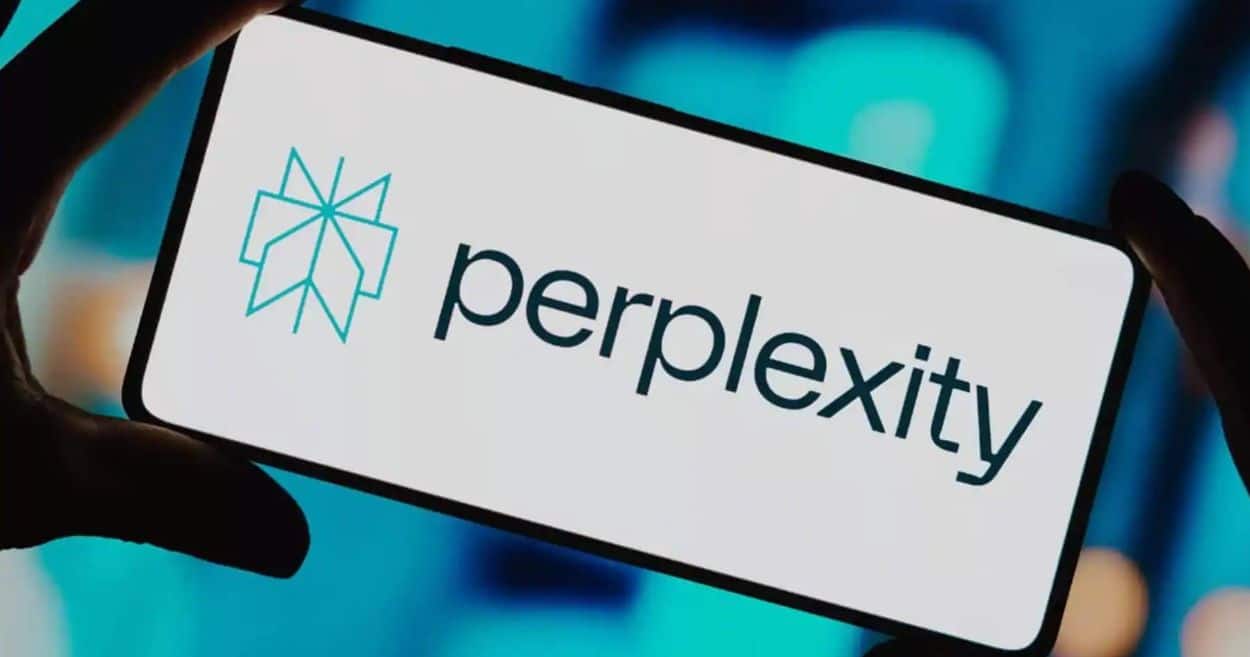Perplexity launched its iOS Voice Assistant on April 23, 2025, three months after its Android counterpart, integrating web search and multi-app actions into its AI-powered app.
CEO Aravind Srinivas announced a new free feature via X. The feature allows iPhone users to complete tasks such as booking restaurant tables, sending emails, and setting reminders using natural voice commands, positioning it as a competitor to Siri.
Introducing Perplexity Assistant on iOS: the first time an AI app can answer questions and take basic actions on your iPhone: starting with playing media, drafting emails, moving meetings, booking rides, making reservations, setting reminders. Update your Perplexity app to try! pic.twitter.com/I2CYQYC71E
— Aravind Srinivas (@AravSrinivas) April 23, 2025The Voice Assistant, embedded in the Perplexity app, offers:
- Web Search Integration: Delivers real-time answers with cited sources, e.g., weather forecasts or product searches, unlike Siri’s static responses.
- Multi-App Actions: Connects to apps like OpenTable for reservations, Spotify for music, or email clients for drafting messages. Users confirm actions manually, as it lacks autonomous execution.
- Device Controls: Handles Siri-like tasks, such as setting alarms, turning on flashlights, or calling contacts.
- User Interface: Activated via a waveform icon, it displays a sparkling particle globe, enhancing engagement.
For example, saying, “Book a table for two at the Pearl Continental, Karachi, tomorrow at 2:30 p.m,” prompts the assistant to access reservation platforms, fill in details, and await user confirmation.
How to Access
Users with the Perplexity app can update to the latest version on the App Store to enable the assistant. Tapping the waveform icon in the app opens the full-screen interface. No separate download is required, and it’s free, though Plus subscribers ($20/month) get unlimited queries versus five for free users.
Perplexity’s rollout follows the launch of the Android Assistant in January 2025, reflecting a push to rival established assistants like Siri and Google’s Gemini. A partnership with Motorola to integrate the assistant into upcoming devices and a bot for query responses signals aggressive adoption strategies.
The Voice Assistant’s web search and app actions offer practical utility, but manual confirmation for tasks like bookings limits efficiency compared to fully autonomous agents like OpenAI’s Operator. Its cited sources enhance trustworthiness, a strength over Siri, but iOS restrictions prevent screen-sharing or lock-screen activation, unlike Android’s deeper integration.
The content balances Perplexity’s advancements with limitations, citing verified sources to avoid speculation. While innovative, its success depends on expanding app integrations and resolving latency issues (3–4 seconds, per Srinivas). Legal challenges, like a 2025 trademark lawsuit, could distract from development.
Read: DeepSeek Launches Open-Source Image Generation Model, Janus Pro 7B
Perplexity plans deeper integrations and wider platform support, with Android’s 15-language capability suggesting iOS expansions. Users can monitor updates via the App Store or Perplexity’s blog for new features.






